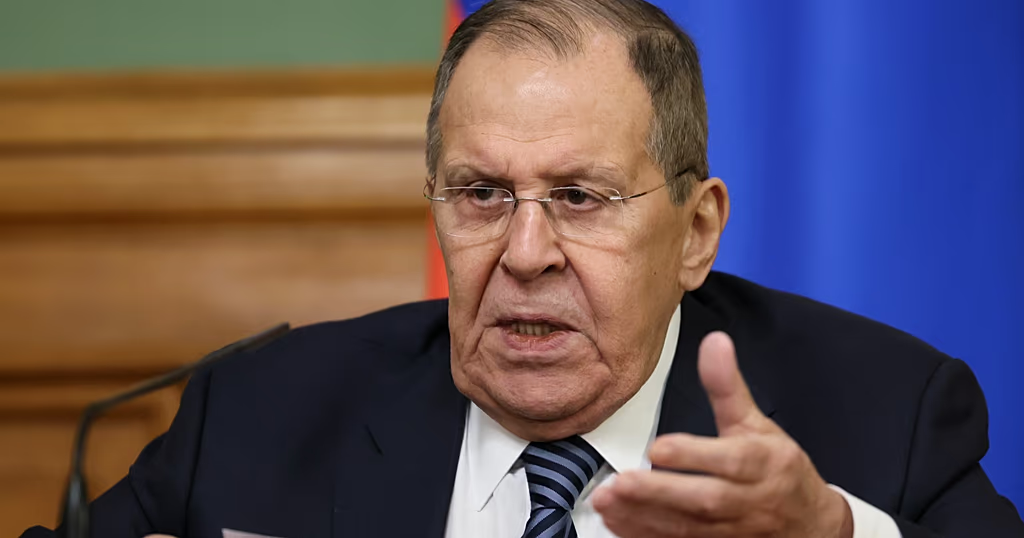President Joe Biden announced significant new restrictions on asylum seekers at the U.S.-Mexico border on Tuesday, aiming to address immigration challenges ahead of the November elections. The presidential proclamation, long anticipated, will bar migrants from being granted asylum if U.S. officials determine that the southern border is overwhelmed.
After months of contemplation, Biden took unilateral action following the collapse of a bipartisan border security deal in Congress, which failed due to opposition from most Republican lawmakers influenced by former President Donald Trump, the presumptive GOP presidential nominee.
Biden expressed his preference for legislative solutions but stated, “Republicans have left me no choice.” He emphasized his commitment to “gain control of the border” while maintaining that “immigration has always been the lifeblood of America.”
In a pointed remark, Biden accused Trump of using immigration as a political weapon. “Trump told the Republicans … that he didn’t want to fix the issue, he wanted to use it to attack me,” Biden said. “It was a cynical, extremely cynical, political move and a complete disservice to the American people who are looking for us not to weaponize the border but to fix it.”
Trump responded on social media, criticizing Biden’s immigration policies and labeling the new order as “all for show” ahead of their upcoming June 27 presidential debate. He accused Biden of having “totally surrendered our Southern Border.”
The new order will be activated when border encounters exceed 2,500 per day, a threshold currently surpassed, meaning the restrictions will take effect immediately. According to senior administration officials, the daily average of border arrests has not fallen below 2,500 since January 2021, when Biden took office. The last time encounters dipped to 1,500 per day was in July 2020, during the peak of the COVID-19 pandemic.
These restrictions will remain in place until the daily encounter numbers average 1,500 per day or fewer over a seven-day period. Homeland Security’s recent federal rule highlighted that while increased enforcement with Mexico has reduced illegal crossings since high-level bilateral meetings in late December, the effectiveness of these measures is expected to diminish over time. “Smuggling networks are adaptable, responding to changes put in place,” the department noted.
Predictions from the department suggest that daily arrests for illegal crossings could rise to as high as 6,700 from July through September, indicating a pressing need for more robust measures to manage the border crisis.



